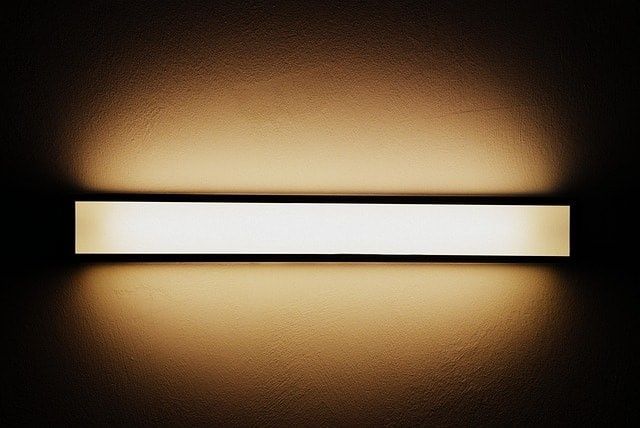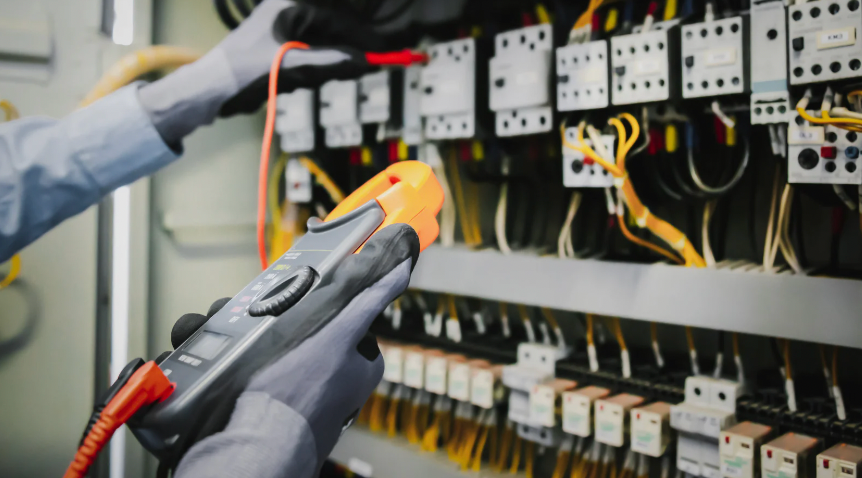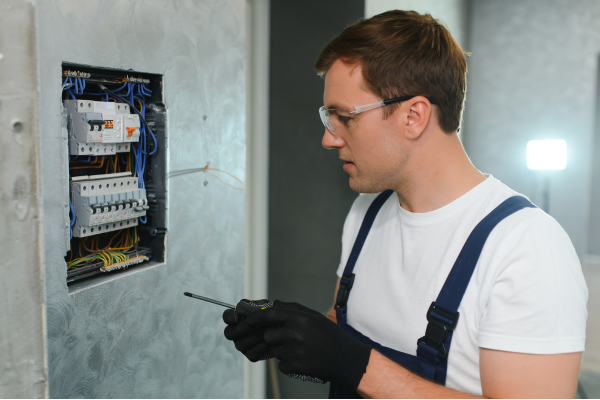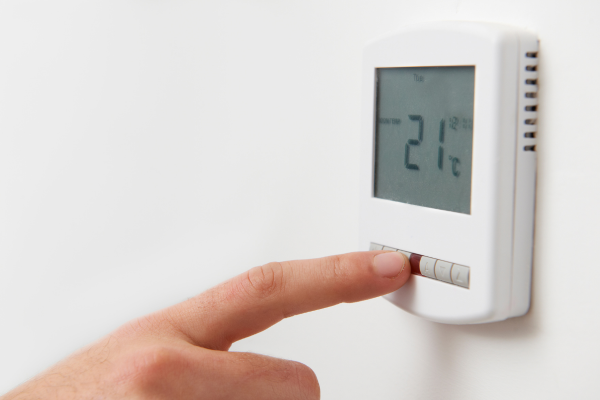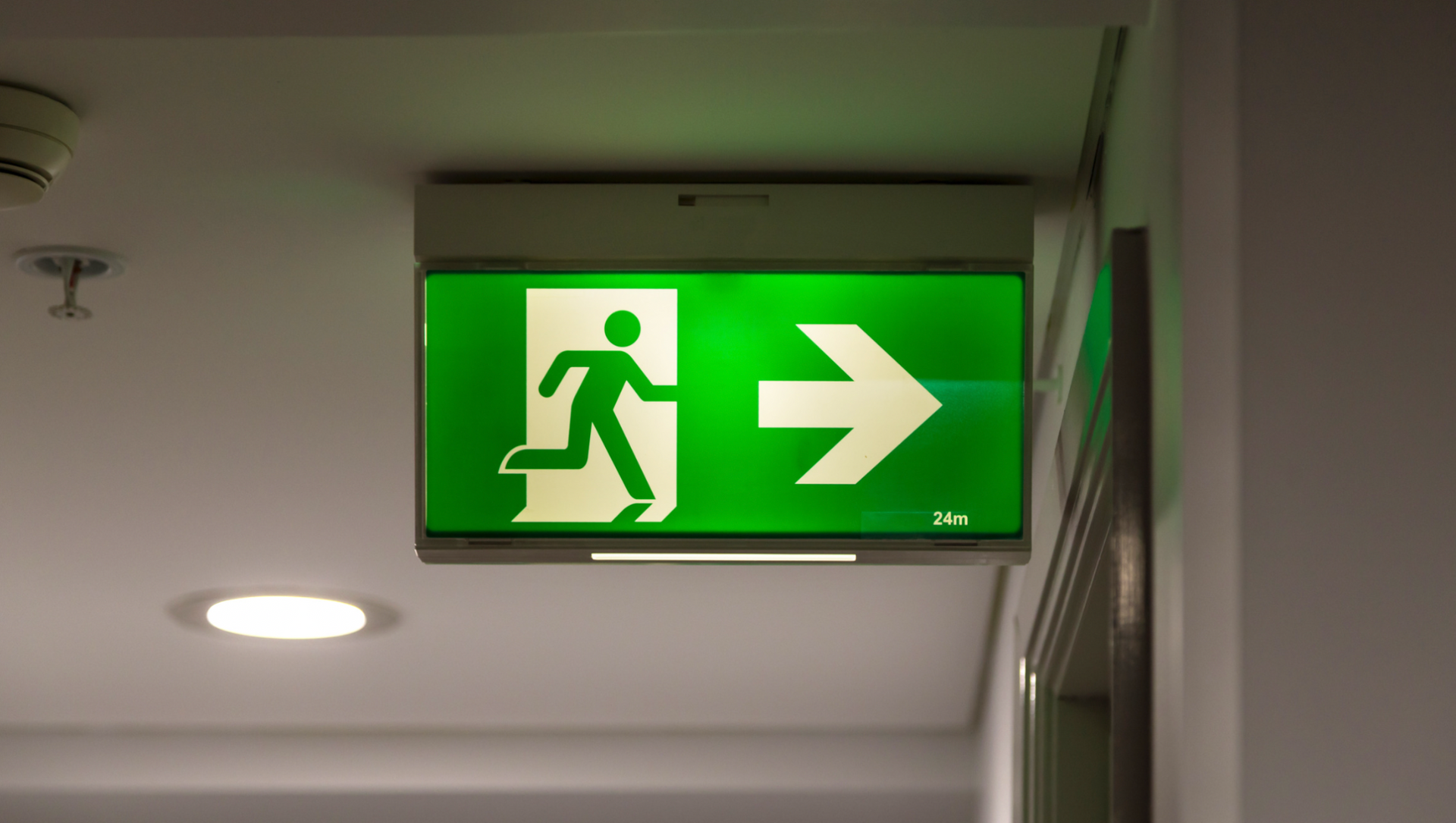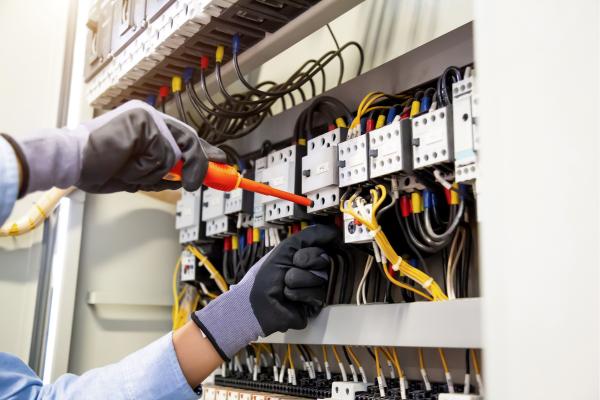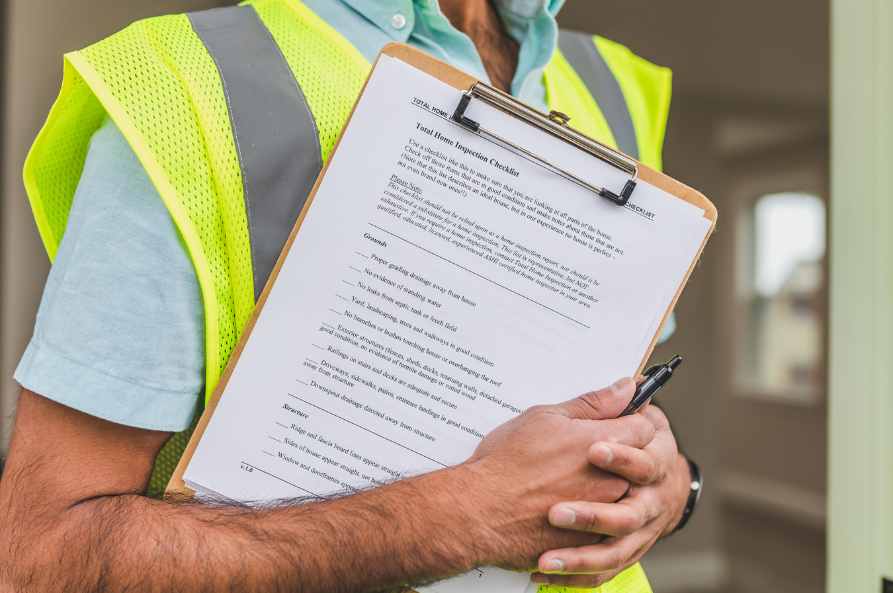How Much Does EV Charger Installation Cost
Introduction
With the rise of electric vehicles (EVs), the demand for electric vehicle chargers has increased significantly. Understanding the EVSE installation cost and associated expenses with EV charging installation cost is essential for homeowners and businesses transitioning to electric transportation.
Importance of Electric Car Charger Installation
Electric car charger installation is essential for the widespread adoption of electric vehicles. They provide a convenient and reliable way to charge EV batteries, ensuring drivers can access sufficient charging infrastructure for their daily needs. Having a charger installed, especially an electric car charger installed at home, brings numerous benefits, including cost savings, convenience, faster charging times, and the potential to generate income by renting it out. The process involves a home survey, potential upgrades to the home's electricity supply, and sometimes the involvement of the electricity infrastructure company, all of which underscore the importance and advantages of the installation.
Understanding EV Charger Installation
EV charger installation involves setting up a charging station at a specific location, such as a residential property, workplace, or public area. To install an electric charger and ensure efficient electric vehicle charging, it's crucial to assess electrical capacity, select the appropriate charger type, and install the necessary equipment. This emphasizes the importance of hiring certified professionals for safe and compliant installation and getting an EV charger installation West London quote to understand the potential costs.
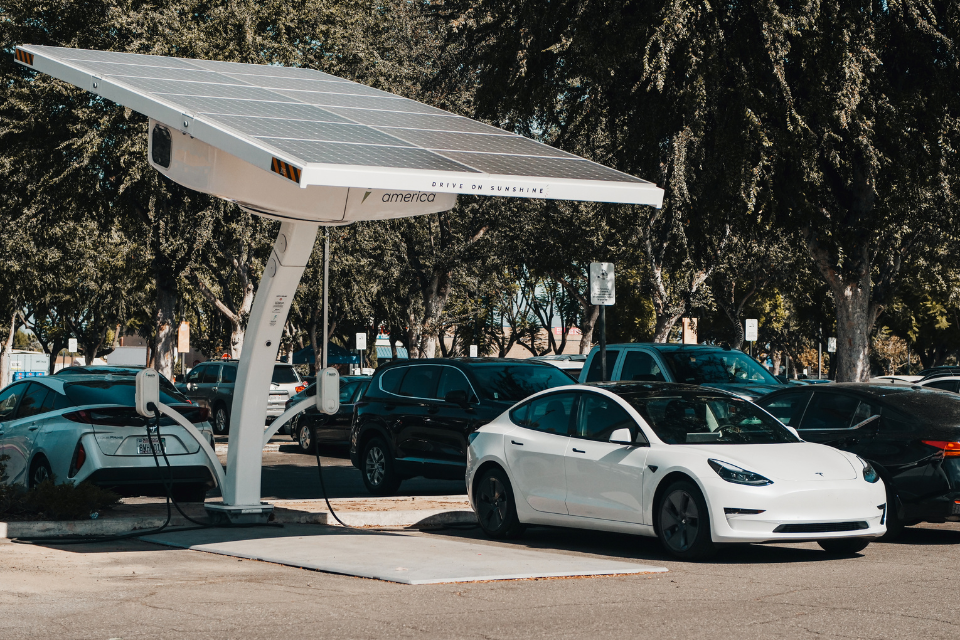
Factors Influencing Installation Costs
Several factors influence the cost of EV charger installation, including the type of charger, the complexity of the installation, and whether any additional electrical upgrades are needed. The electric car charger cost without installation for 3kW and 7kW models ranges from £250 to £800, and purchasing a charger with installation included can cost around £1,000 for a basic model, with smart chargers being slightly more expensive.
Type of Charger
The type of charger selected, such as level 1, level 2, or DC fast charger, can significantly impact installation costs due to differences in power requirements and equipment complexity. For example, the level 2 charger installation cost might be higher due to the need for additional infrastructure.
Location and Accessibility
The charging station's location, whether indoors or outdoors, and its proximity to existing electrical infrastructure can affect installation costs, contributing to the overall EV charger install cost.
Electrical Infrastructure
Upgrading or modifying the existing electrical system to accommodate the charging station's power requirements may incur additional costs, impacting the electric charger installation cost.
Additional Equipment and Services
Additional equipment, such as mounting hardware, conduit, wiring, and electrical permits, may contribute to installation expenses, thereby increasing the EV charging installation cost.
EV Charger Installation Cost?
The cost of installing an EV charger varies depending on the various factors mentioned above. On average, installation costs can range from several hundred to several thousand dollars, with higher costs associated with faster charging options and complex installations. For those looking to install a charging station, understanding the EV charger installation costs is crucial.
Exploring Different Charging Options
EV owners have several charging options, including installing an EV charger at home and exploring various EV charging point solutions. This highlights the diversity of charging options and the detailed installation process.
Home Charging
Installing a charging station at home provides convenience and flexibility for EV owners, allowing them to charge their vehicles overnight or during off-peak hours. Considering the electric charging point installation cost is essential for homeowners planning to add this convenience.
Public Charging Stations
Public charging stations are located in various places such as shopping centres, parking garages, and roadside rest areas, offering EV drivers access to charging infrastructure while on the go. The EV charging station installation cost can be higher in public areas due to the need for additional infrastructure and permits.
Workplace Charging
Employers can install charging stations at workplaces to support employees who drive electric vehicles, promoting sustainability and reducing carbon emissions. Understanding the electric charger installation cost for workplace charging can help employers plan better.
Government Incentives and Grants
Many governments offer incentives and grants to encourage electric vehicle adoption and charging infrastructure installation. These incentives can help offset installation costs for homeowners and businesses. Additionally, installing electric car chargers and charging infrastructure can be more affordable thanks to various government grants designed to incentivise the adoption of eco-friendly transportation solutions.
Solar Panels and Sustainable Charging Solutions
Integrating solar panels with EV charging stations can further reduce the environmental impact of electric transportation while providing a renewable energy source for charging. Installing an electric vehicle charging point compatible with solar panels offers a sustainable charging solution, leveraging green energy for eco-friendly transportation.
Planning and Preparation for Installation
Proper planning and preparation are essential for a successful EV charger installation. This includes conducting site assessments, obtaining necessary permits, and coordinating with qualified installers to ensure that the EV charger installation costs are managed effectively.
Hiring a Professional Installer
Hiring a professional installer with experience in EV charger installation is crucial to ensuring safety, compliance with regulations, and optimal charging station performance.
Conclusion
Understanding the costs and considerations associated with EV charger installation is essential for transitioning to electric transportation successfully. By exploring different charging options, leveraging government incentives, and working with qualified professionals, individuals and businesses can contribute to the widespread adoption of electric vehicles and sustainable mobility solutions.
FAQs
How much does it cost to install an EV charger at home?
The cost of home EV charger installation varies depending on factors such as charger type, electrical infrastructure, and location, with average costs ranging from $500 to $2,500.
Are there government grants available for EV charger installation?
Yes, many governments offer incentives and grants to encourage the installation of EV chargers, providing financial assistance to homeowners, businesses, and municipalities.
What are the different types of EV chargers available?
There are three main EV chargers: level 1 chargers, which use a standard household outlet; level 2 chargers, which require a dedicated 240-volt circuit; and DC fast chargers, which provide rapid charging capabilities.
Can I install an EV charger, or need a professional installer?
While some DIY enthusiasts may be capable of installing a home EV charger, hiring a professional installer is generally recommended to ensure safety, compliance, and proper functionality.
Are there any additional costs associated with EV charger installation?
In addition to the cost of the charging station itself, homeowners and businesses may incur additional expenses such as electrical upgrades, permits, and installation labour.

